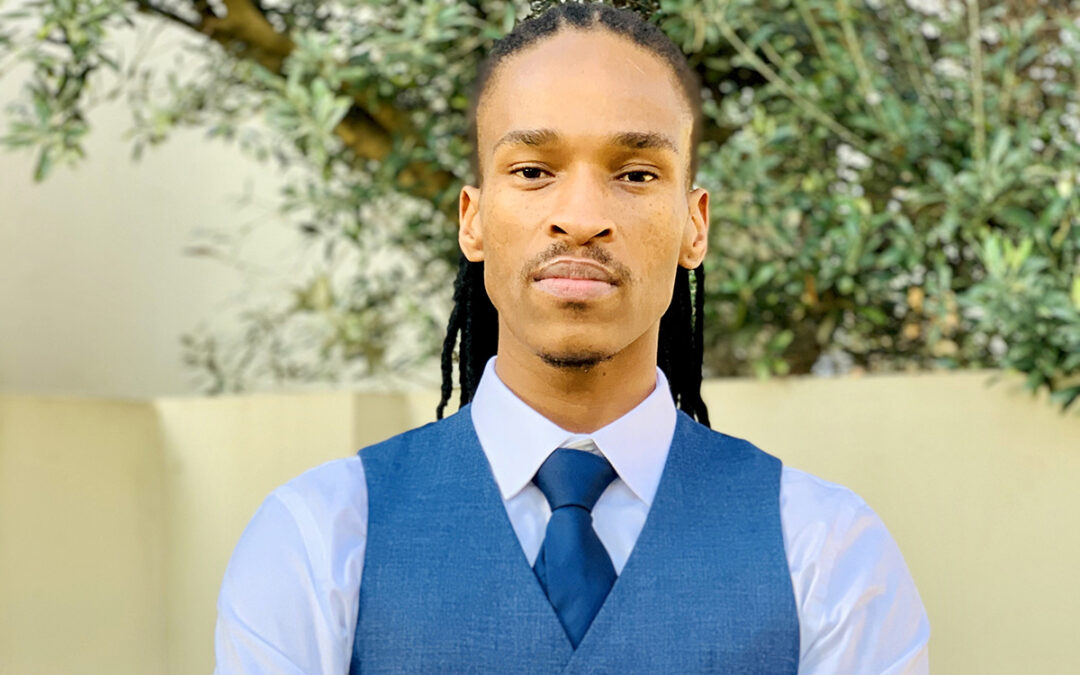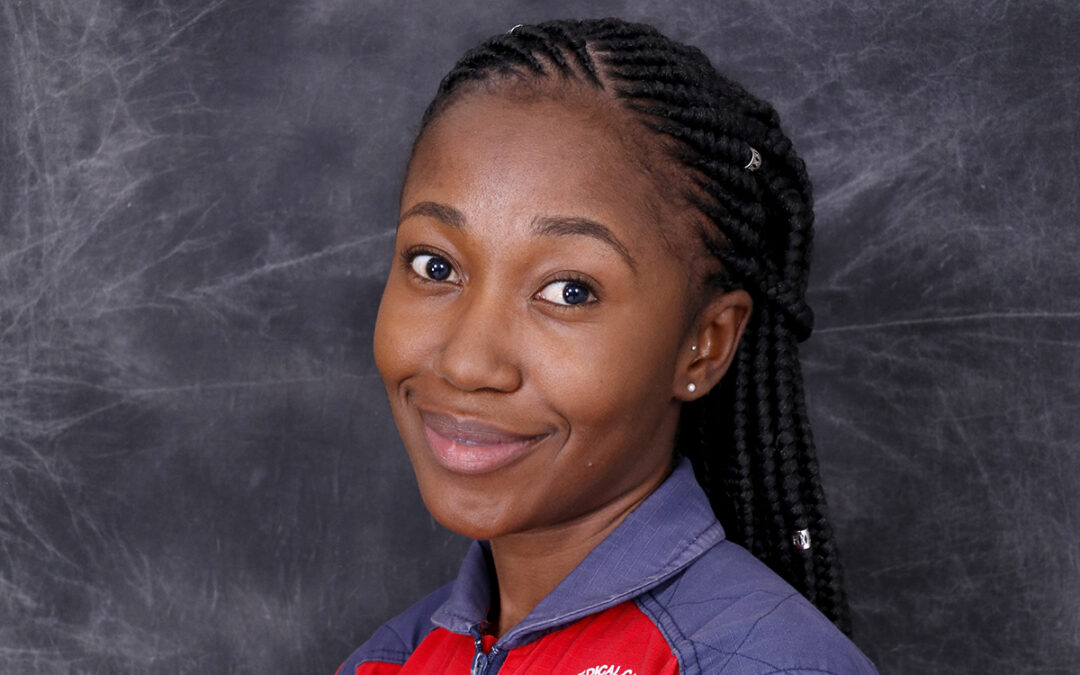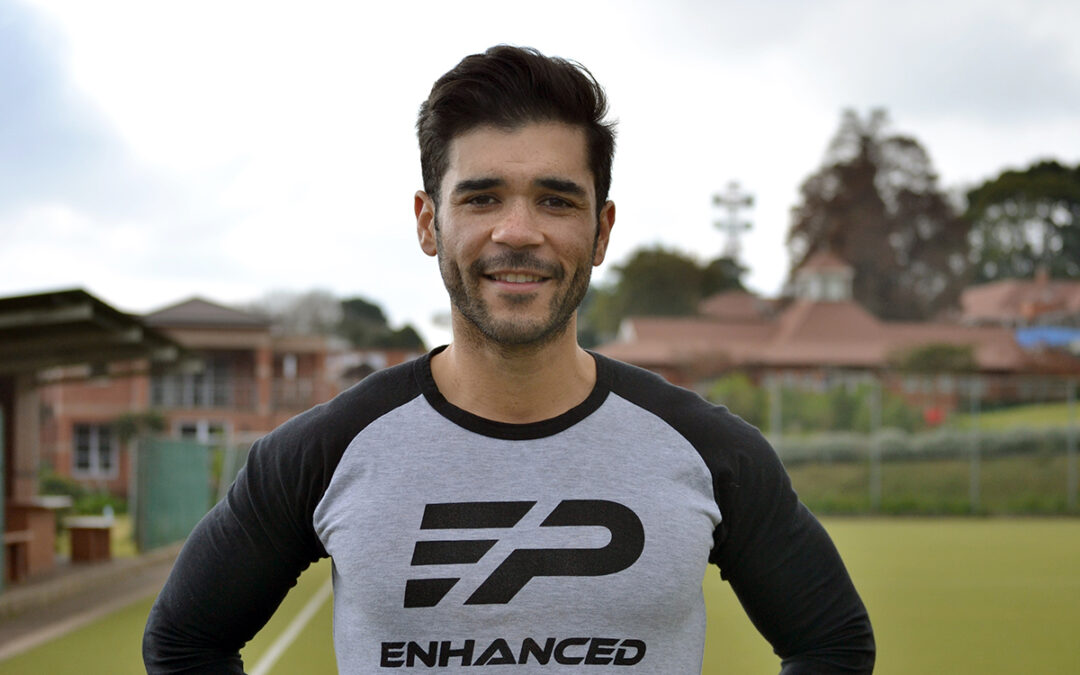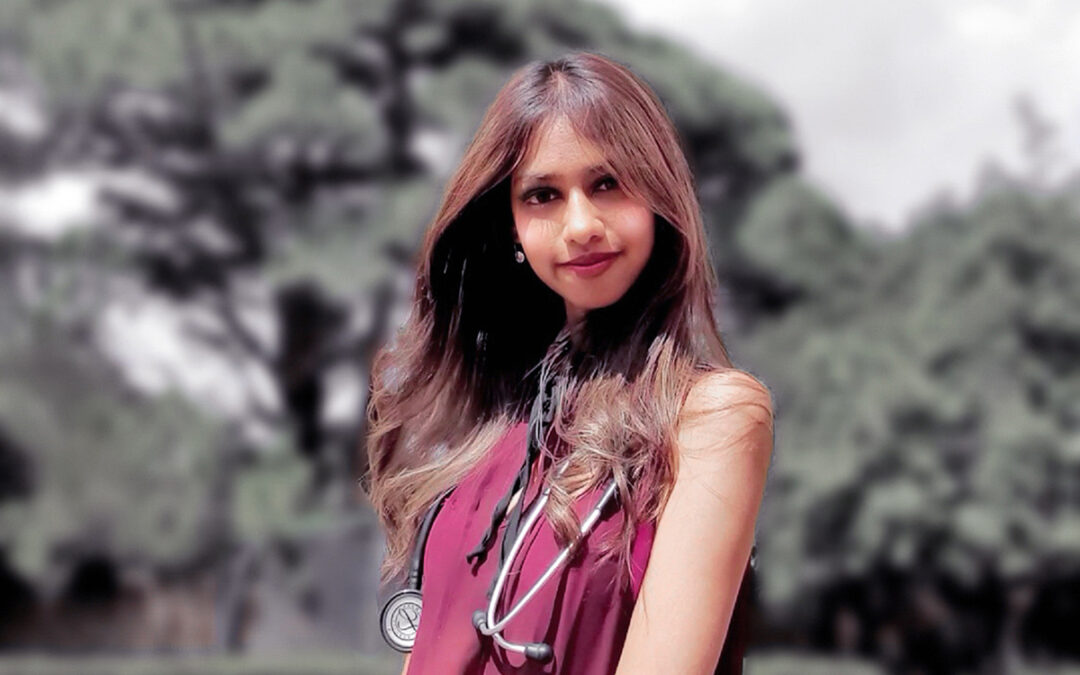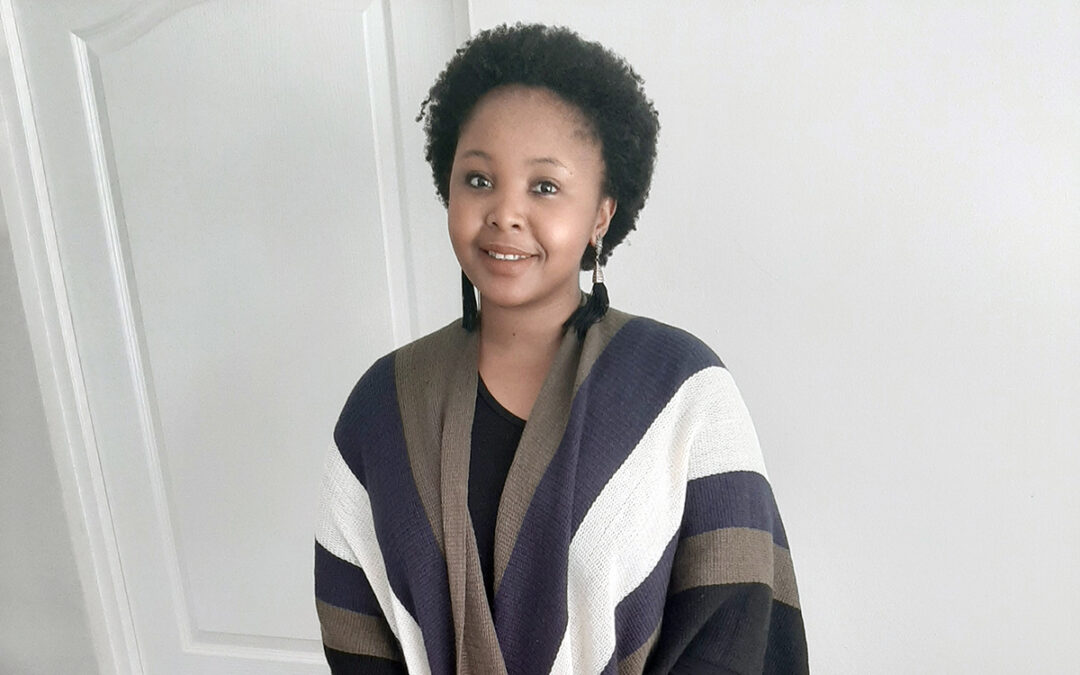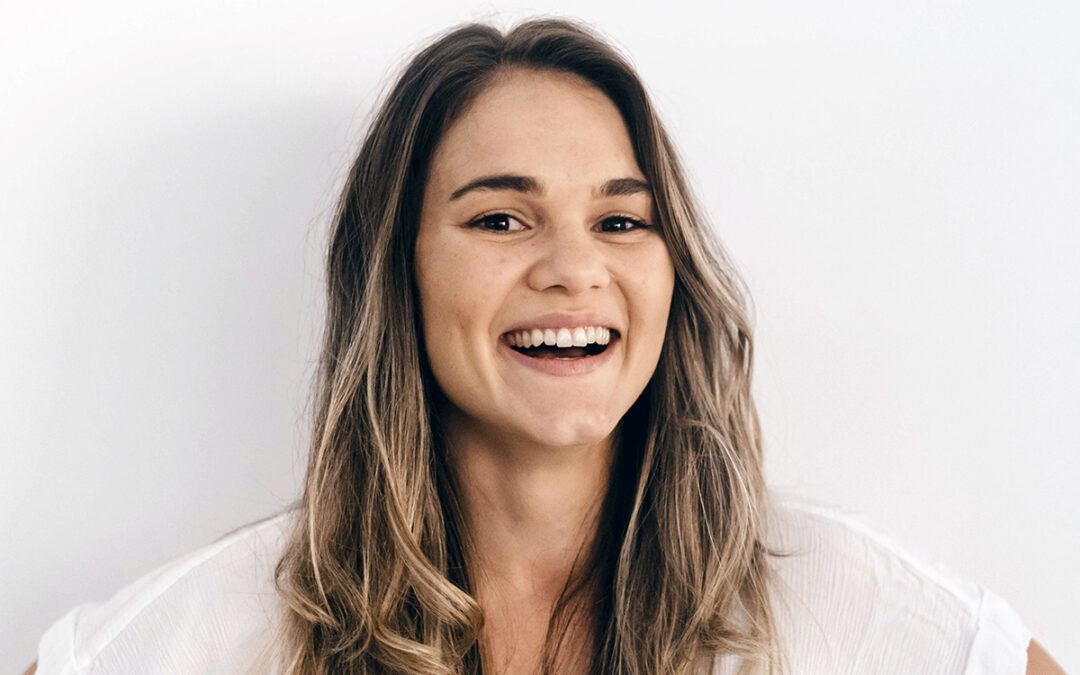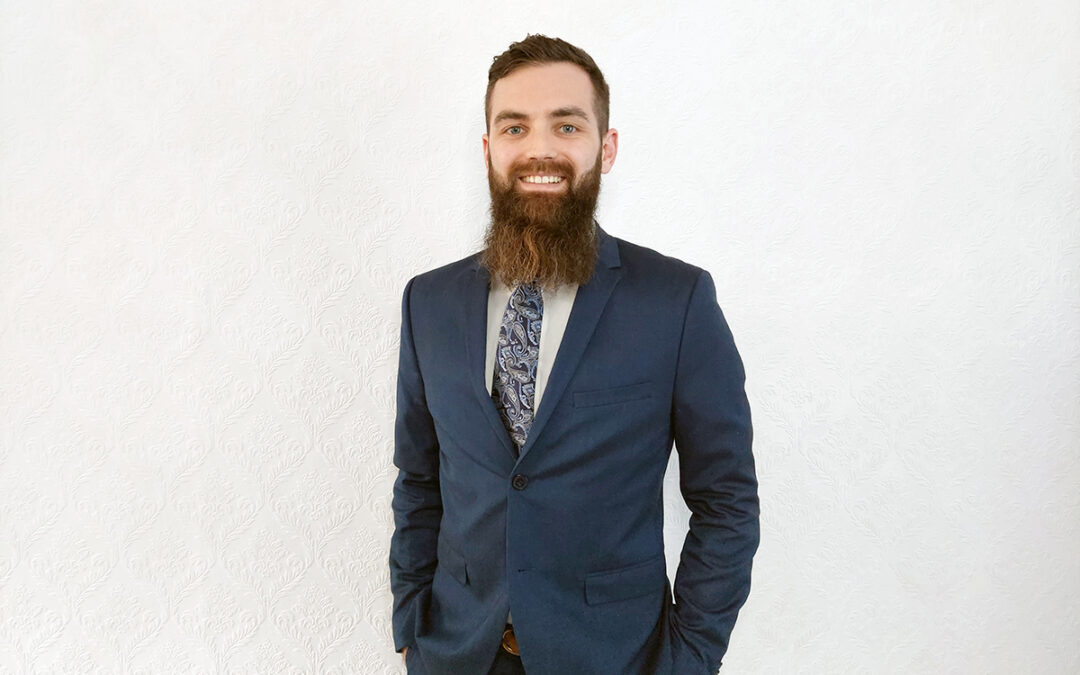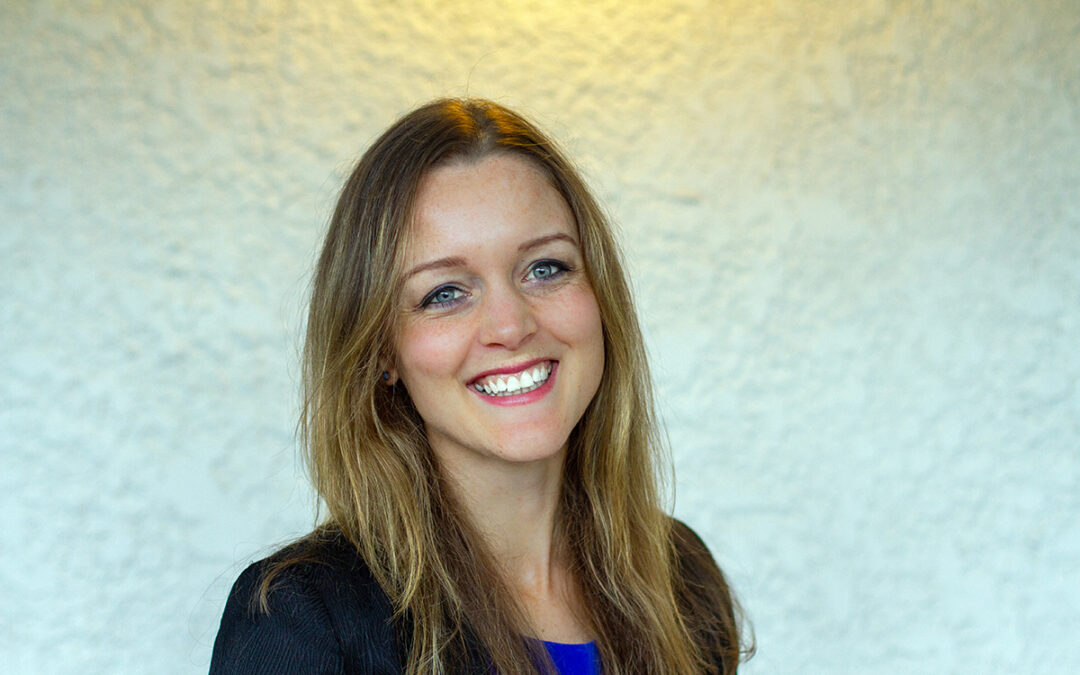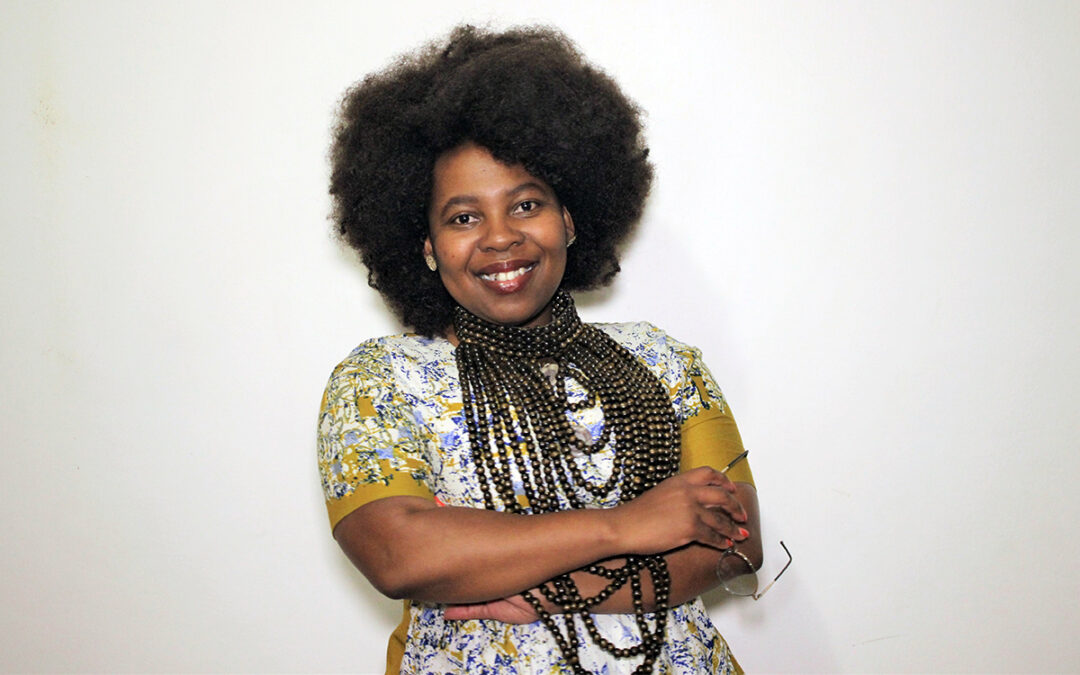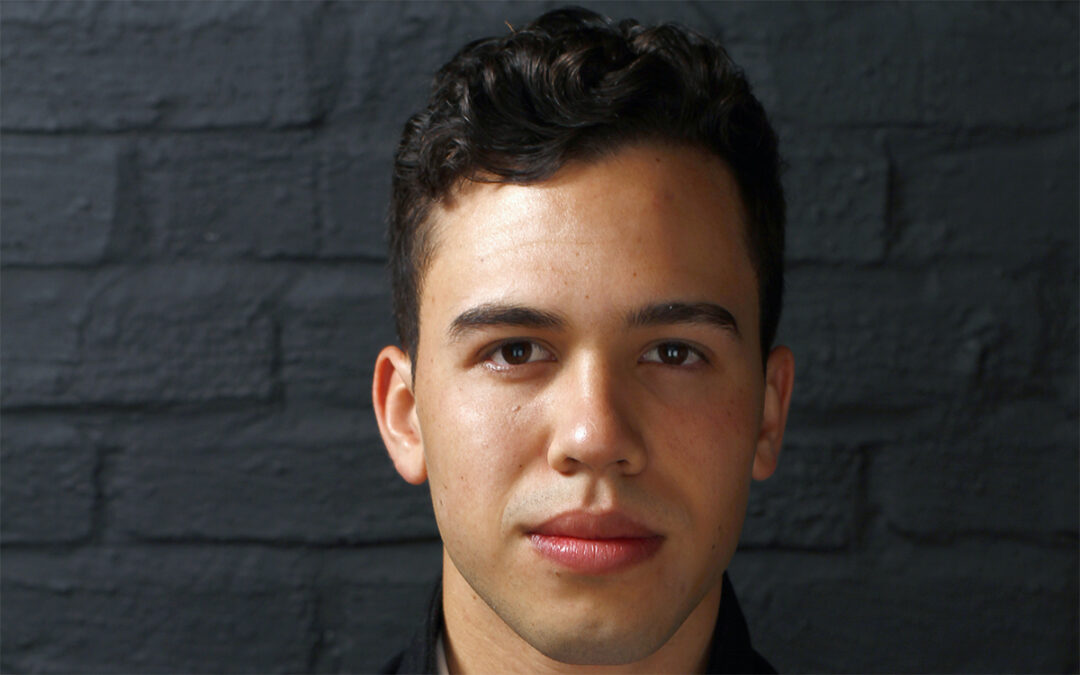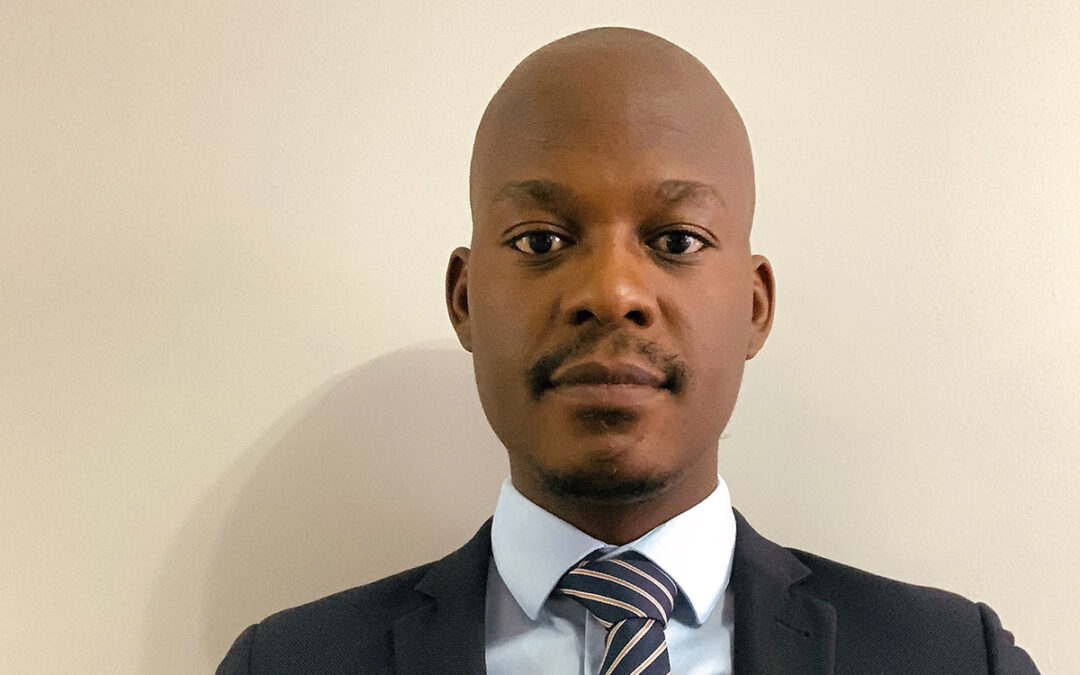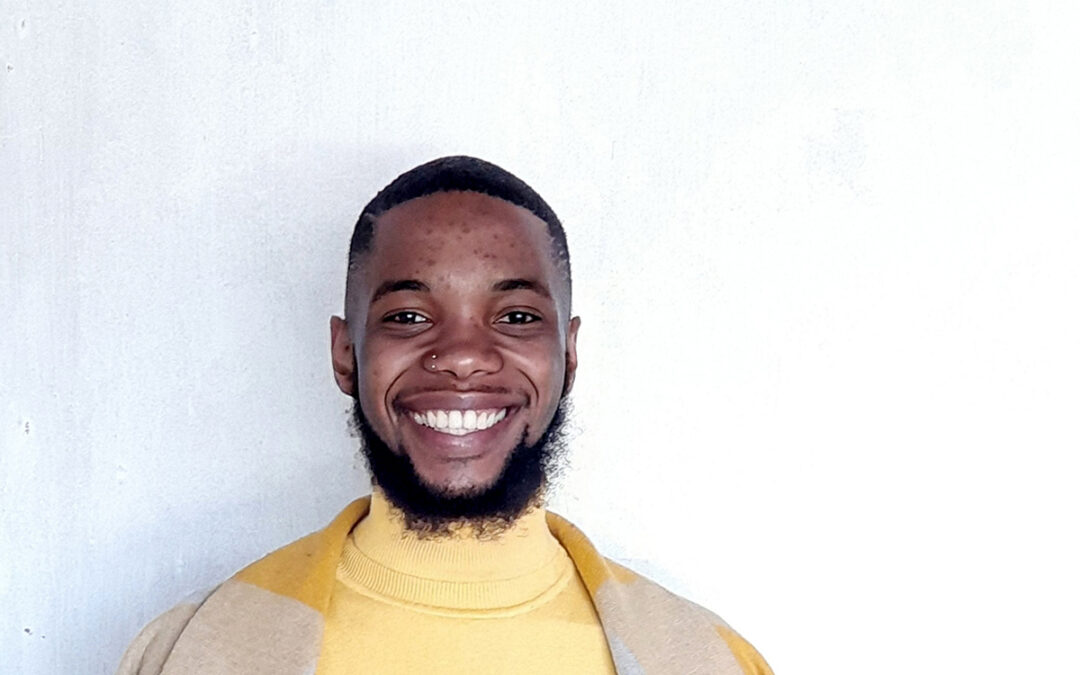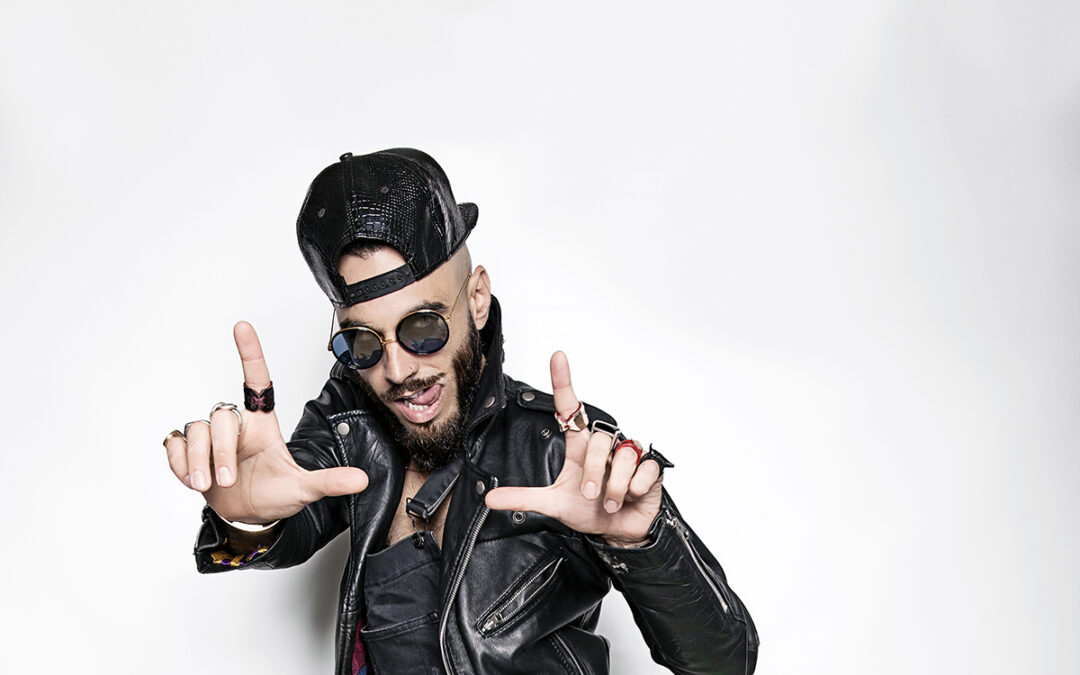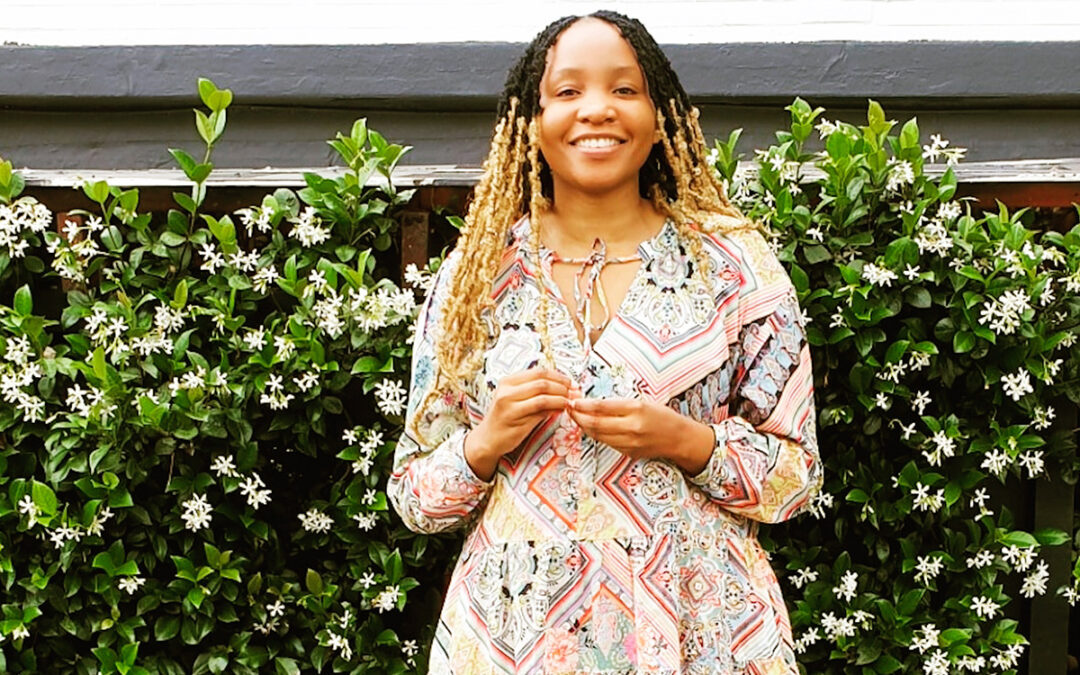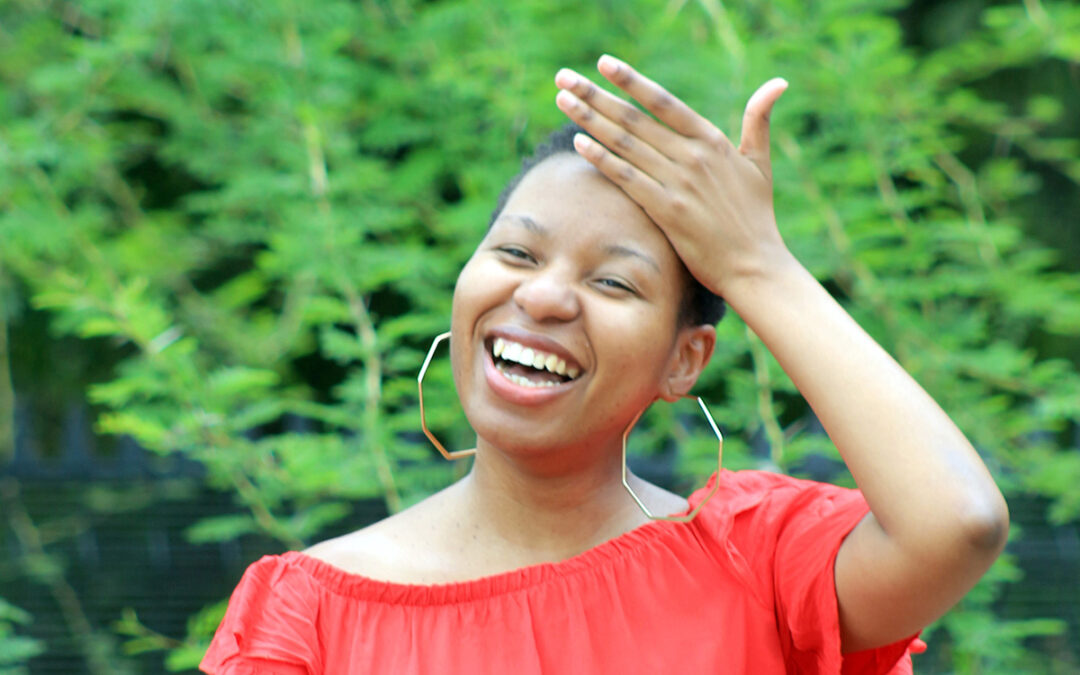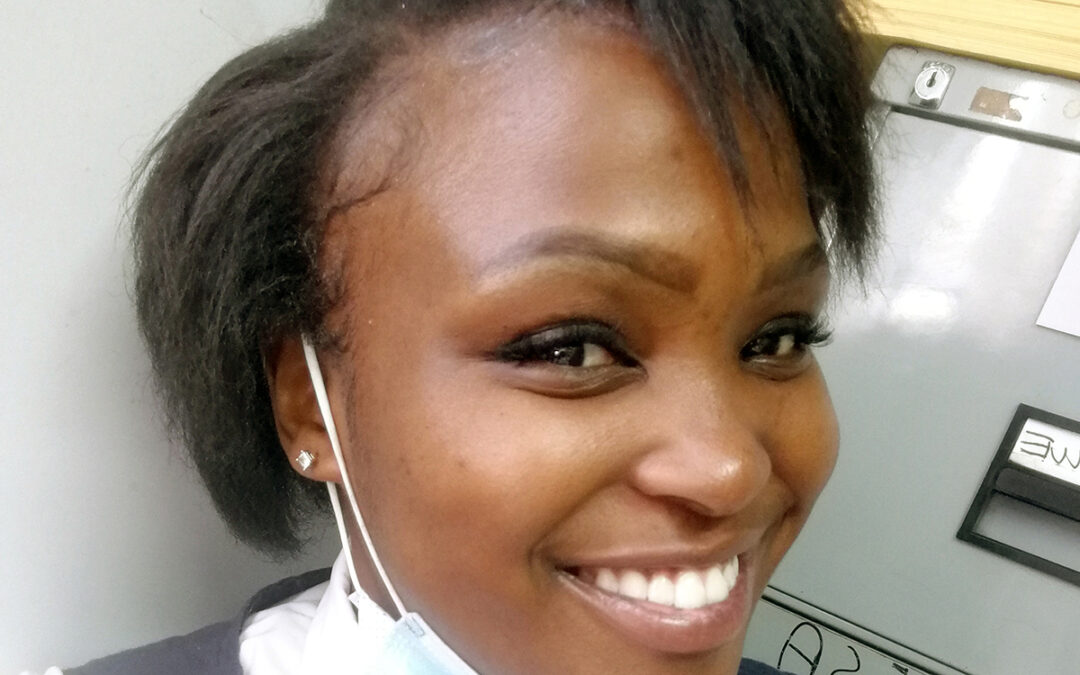A distinguished academic record preceded Brandon Ferlito’s present enrollment at the University of the Witwatersrand’s PhD programme in bioethics and health law. His tumultuous childhood as an openly gay youngster in Westbury — an area in Johannesburg that is better known for gang violence and substance abuse than its championing of LGBTIQ+ rights — attests to his gravity-defying upward mobility. He admits that, at one stage, even his prospects of completing matric seemed dubious. Today, alongside his doctoral studies, Ferlito works as a bioethicist with the South African Medical Association. His day job involves advising the association on various ethical quandaries on a case-by-case basis, and providing research support to its internal departments and committees. Ferlito is candid about his struggles with depression and anxiety, counterweighted by the strength and self-belief that he derives from his work. His message to healthcare workers is to always conduct themselves in a morally and ethically sound manner.
The biggest surprise to me is that you can do good and get paid for it.

